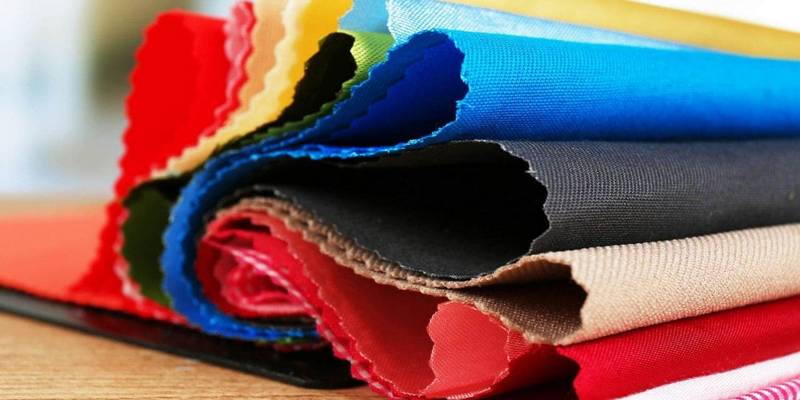Albany, New York:
Technical textiles are high performance textiles that are used due to their superior properties and functionality over regular textiles. The demand for these products has increased over the past few years due to the increasing application base in various end-user industries such as healthcare, agriculture, construction, clothing, packaging, sportswear and sports equipment, automotives, environmental protection and other such areas. The technical textiles market is believed to be one of the most innovative branches of industry across the world and has been reported to be among the top five technology intensive markets with a great potential for advancement.
Innovations through research and product development, enhanced product properties such as strength, toughness, weatherability and durability along with the growth and advancement of the global automotive industry are the major factors that have been driving the market for technical textiles. The major drawbacks faced by the market are higher cost of finished products affecting end user industry pricing characteristics and huge fragmentation of the existing market. By 2018, the market is expected to generate revenues of USD 160.38 billion and is expected to exhibit a high CAGR between 2012 and 2018.
Technical textiles are manufactured from yarn, fiber and filaments using various technologies such as thermoforming, three dimensional weaving, three dimensional knitting, nanotechnology, heat-set methods, finishing treatments, hand-made methods and others. Of these, thermoforming, three dimensional weaving and three dimensional knitting are the most widely used methods which have entered a reasonably mature stage in the market. Nanotechnology has a huge scope for expansion as there are potentially limitless opportunities in the field in terms of product development and innovation.
Based on the end user industry where technical textiles are used, the technical textiles market has been segmented into eleven categories such as Mobiltech, Indutech, Sportech, Buildtech, Hometech, Clothtech, Meditech, Agrotech, Protech, Packtech and others. The others category include Oekotech and Geotech, of which Geotech is an important segment that could show good growth in the near future. These categories cover the entire range of technical textiles that are manufactured in today’s market and present a bright future for technical textiles with constantly improving technology and products. Consumption of technical textiles varies with end user industries in the different regions of the world.
Asia Pacific dominated the market for technical textiles and is expected to be the major market during the forecast period. North America and Europe, the traditionally strong markets due to superiority in technology have already made way for Asia Pacific as the sheer volumes of consumption have enabled the region to overcome any barriers to the growth of the technical textile market. Asia Pacific accounted for over 45% of the global technical textiles market in 2011 and is expected to hold sway over the other regions in the near future.
Freudenberg & Co. KG, DuPont, Kimberly Clarke Corporation, Ahlstrom Corporation, Fiberweb PLC, Polymer Group Inc., Companhia Providência, Johns Manville and the TWE Group are some of the major manufacturers of technical textiles. These companies occupy approximately 70% of the total market share while other smaller companies account for the rest.
To know more about this research report, please visit latest research report on:
https://www.transparencymarketresearch.com/technical-textiles-market.html

